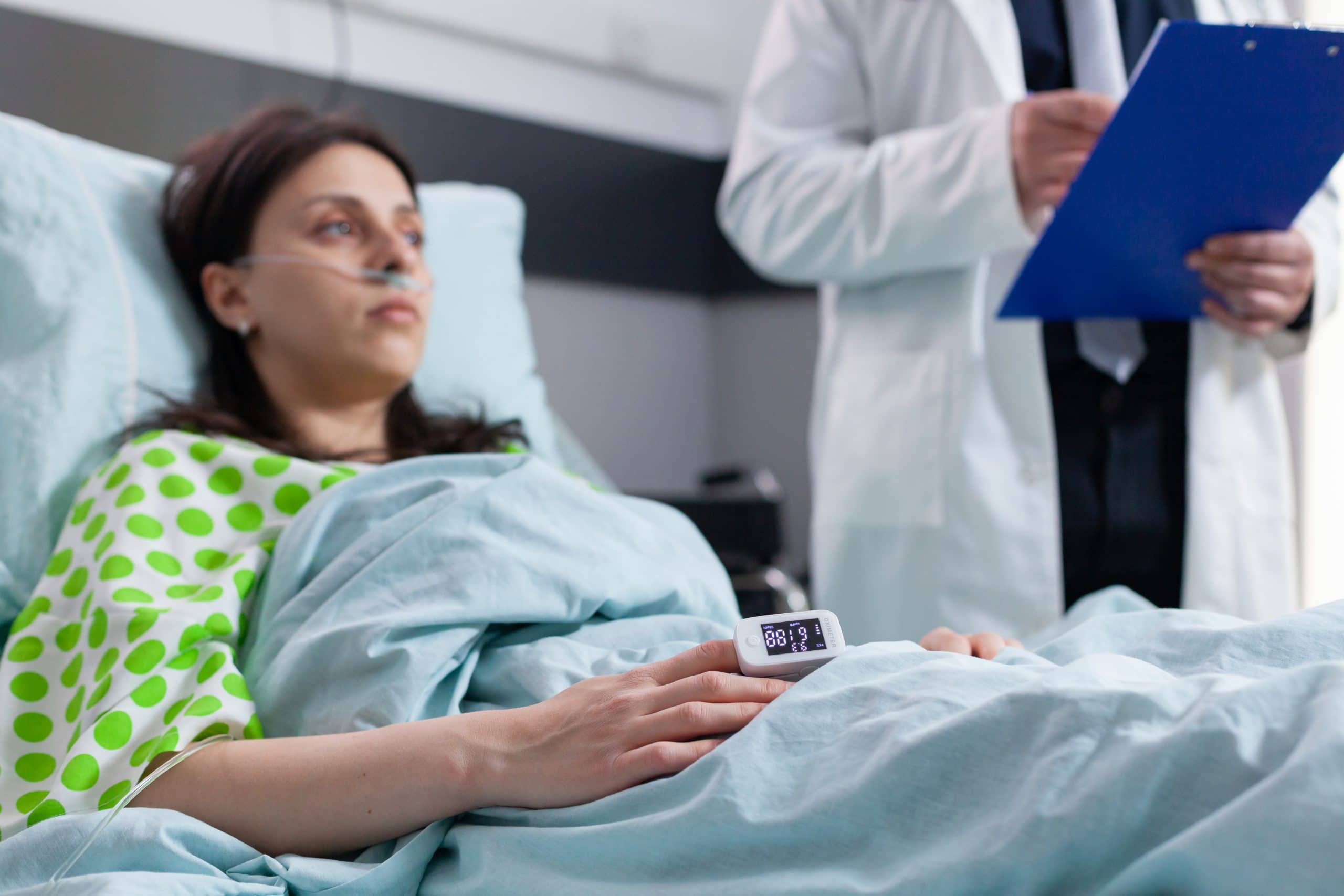Research also showed that patients who were admitted to intensive care, were 40 per cent more likely to develop AKI, a condition that can be serious or even fatal if left untreated. The kidney’s are unable to filter waste from the blood and severe damage can happen within a few days or hours, according to Kidney.org.
Data was gathered from hospital records and international research, as collecting data throughout the pandemic was precarious. Experts say that numbers could rise because detecting AKI within a COVID-19 patient can be tricky.
“Doctors look at the amount of urine a patient passes, and the level of a compound called creatinine in the blood, which rises when the kidneys aren’t working well,” said UQ PhD candidate and kidney specialist Dr Marina Wainstein
“However, if that creatinine rise occurs before a patient presents to hospital, we can miss the AKI diagnosis and fail to manage the patient appropriately in those early, critical days of hospitalisation.”

UQ hopes that when they conduct their own trial, it will prove a little less time consuming than the method they used for data collection on this experiment.
“Typically data scientists work with complete, well curated registry data, but in this project it was collected by hospital staff working under extremely onerous conditions in a variety of different resource settings,” study supervisor Dr Sally Shrapnel.
“Curating and cleaning the data turned out to be a significant part of the project.”
It’s not known when UQ will start their testing, but Dr Shrapnel says it’s imperative it’s carried out.
“Now we have the data showing a large gap in AKI diagnosis exists, it’s time to test this definition in a clinical trial so we can identify all AKI patients early and hopefully prevent these awful outcomes.”






